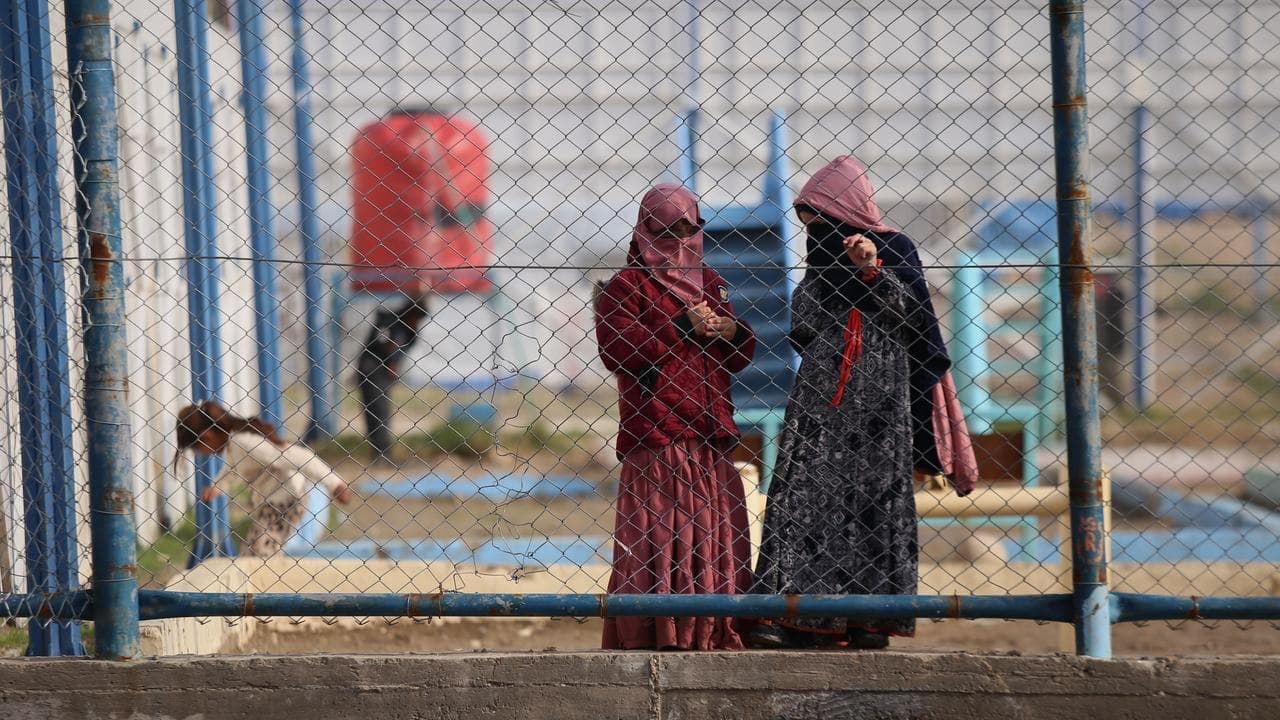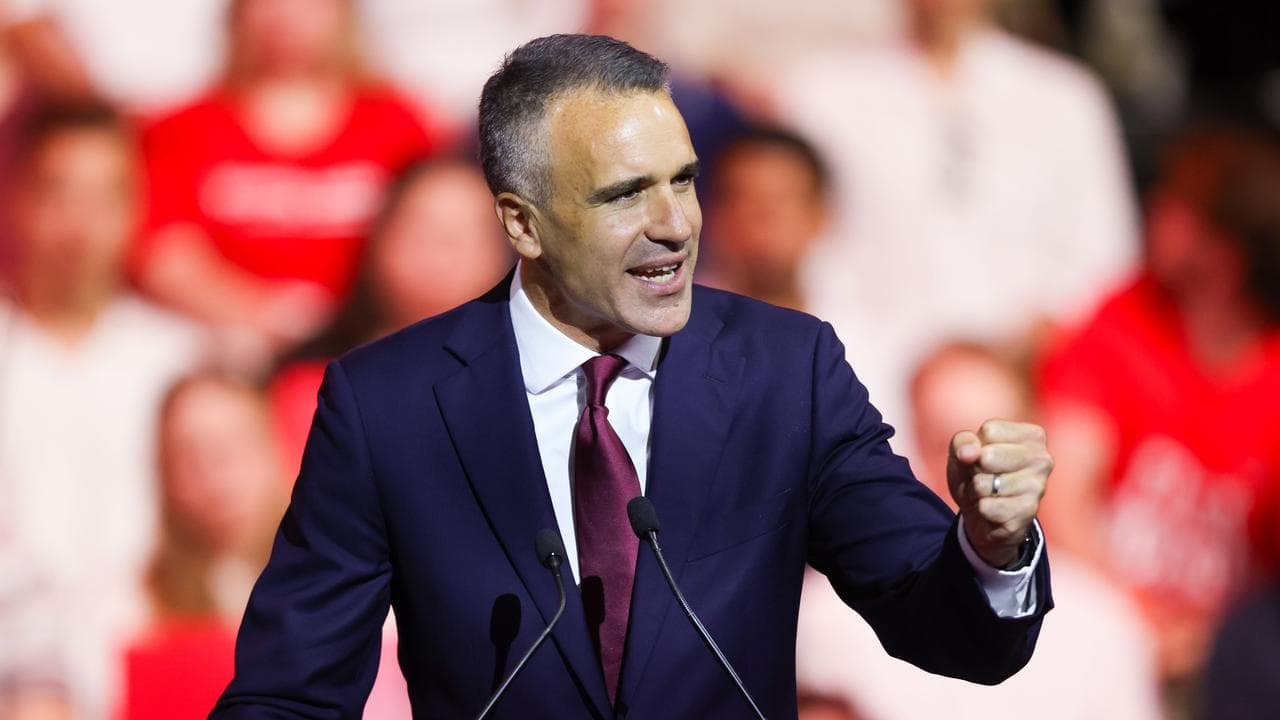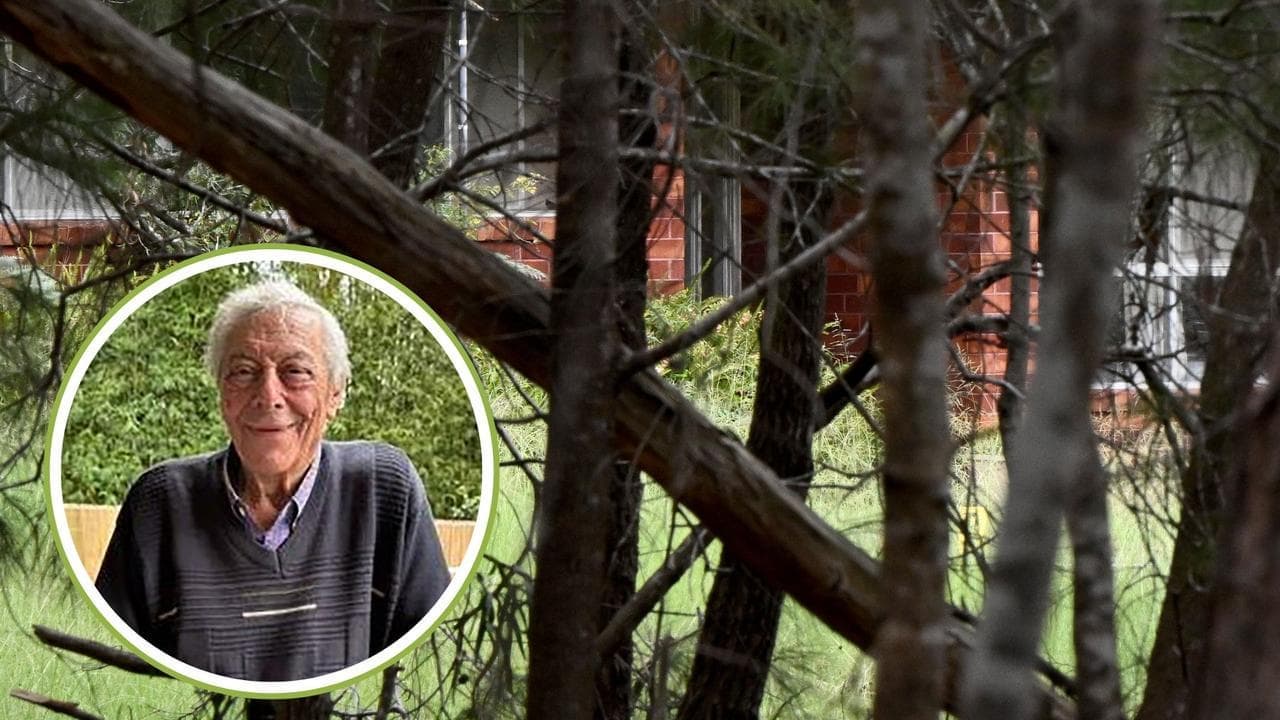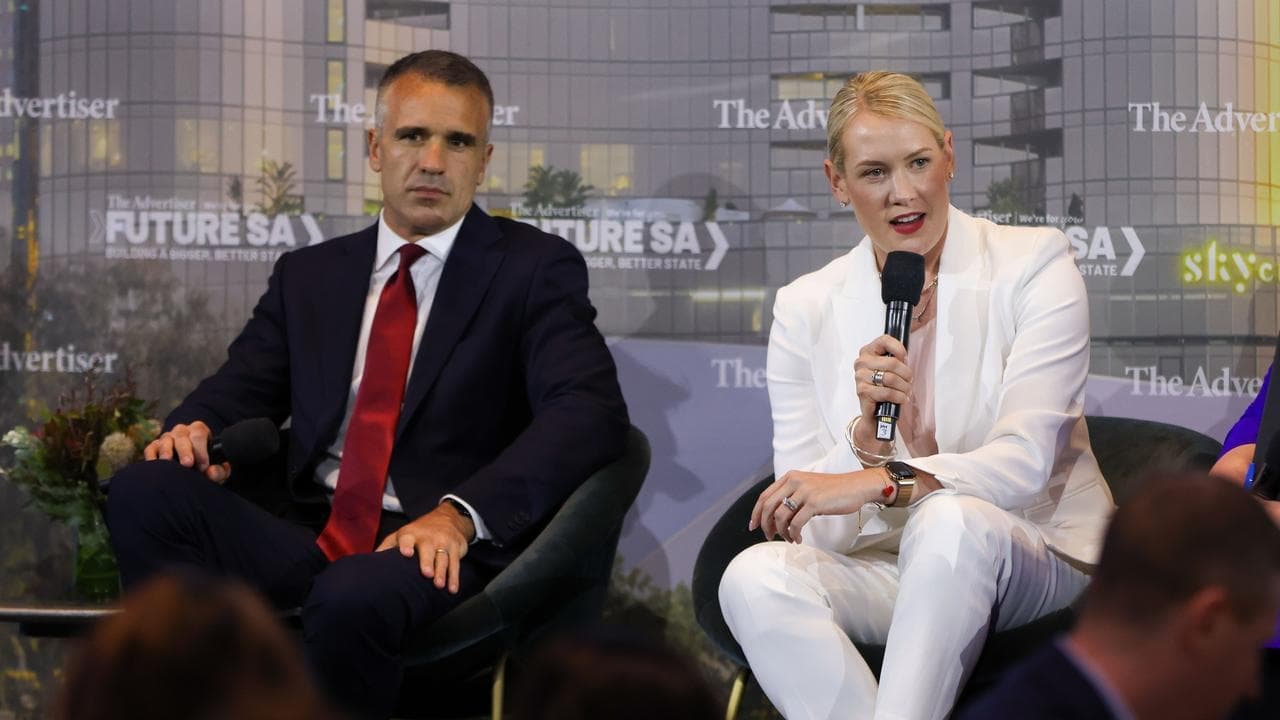The Statement
A social media post claims to reveal a series of links between pharmaceutical companies involved in COVID-19 vaccine research, global investment groups and billionaire philanthropists George Soros and Bill Gates.
The Facebook post from December 3 features a photo collage of world leaders and prominent figures, including UK Prime Minister Boris Johnson, German Chancellor Angela Merkel, French President Emmanuel Macron, top US infectious diseases expert Dr Anthony Fauci and Victorian Premier Daniel Andrews alongside text which reads, "They are the virus."
The post's caption claims a connection between the Chinese laboratory at the centre of COVID-19 conspiracy theories, pharmaceutical companies Pfizer and GlaxoSmithKlein, and Mr Soros and Mr Gates.
"The Chinese biological laboratory in Wuhan is owned by Glaxo. Who, by chance, owns Pfizer (the one who produces the vaccine!)," the post reads.
It claims Pfizer is "managed by Black Rock (sic) finances. Who, by chance, manages the finances of the Open Foundation Company (SOROS FOUNDATION)!"
The post also links investment giants BlackRock and Vanguard Group to the two billionaires, claiming Vanguard is a "shareholder of Black Rock ... which, incidentally, is a major shareholder of MICROSOFT The property of BILL GATES, who happens to be a shareholder of PFIZER (which sells the miracle vaccine) and is currently the first sponsor of WHO !!!"
At the time of writing, the post had been shared by more than 630 times and attracted more than 21,000 views and 200 reactions. The same text has been posted by several other Facebook accounts, including in Australia by former TV chef Pete Evans, as well as here and here.

The Analysis
While the post suggests a web of links between pharmaceutical giants involved in COVID-19 vaccine development, investment firms and billionaires Bill Gates and George Soros, the purported conspiracy falls down at the first hurdle.
The post's claim the "Chinese biological laboratory in Wuhan" is owned by GlaxoSmithKlein (GSK) is not true, nor does the British pharmaceutical firm own US rival Pfizer.
The Wuhan Institute of Virology was the focus of conspiracy theories early in the pandemic, when it was suggested without evidence that COVID-19 was man-made and had escaped the laboratory.
The institute, which studies emerging and major viral diseases, falls under the umbrella and control of the Chinese Academy of Sciences (CAS), according to its website. The CAS is in turn controlled by China's State Council, the country's main administrative government body.
The CAS has historically received half of its income directly from the Chinese government, while the remainder came from competitive funding or technology transfer, according to a 2019 letter from a CAS representative to the science journal Nature.
GSK's website states that it only operates two facilities in China - a pharmaceuticals business and a consumer healthcare business, both based in Shanghai.
Both GSK and Pfizer have been involved in the development of COVID-19 vaccines, with Pfizer's partnership with German firm BioNTech producing the first publicly administered COVID-19 vaccine in the Western world following its regulatory approval in the UK.
The two firms are publicly traded companies listed on the New York Stock Exchange - however the claim that Pfizer is owned by GSK is incorrect. Pfizer was nearly 69 per cent owned by institutional shareholders such as investment firms as of 10 December.
The pharma companies did, however, announce a joint venture in August 2019 to create the world's largest over-the-counter drugs business. Pfizer said the combined business will operate under the name GSK Consumer Healthcare and that Pfizer would own a 32 per cent stake in the joint venture and GSK 68 per cent.
As one of Pfizer's largest institutional shareholders, BlackRock owns 414,768,435 shares in the company, equating to around 10.8 per cent of total shares. However, BlackRock isn't Pfizer's largest shareholder, with the title belonging to the Vanguard Group, which owns around 11.7 per cent of the pharma firm.
Vanguard is also the largest institutional shareholder in Microsoft, the company co-founded by tech billionaire Bill Gates, with BlackRock again second in the list.
However, Microsoft is not the "property" of Mr Gates, as claimed, who only owned around 1.3 per cent of its shares before he stepped down from the company's board in March. In 2014 he was surpassed by former CEO Steve Ballmer as the software company's largest individual shareholder.
The post also claims BlackRock manages the finances of George Soros' "Open Foundation Company" (sic). AAP FactCheck found no evidence to link Soros' philanthropic organisation, the Open Society Foundation to BlackRock on the outfits' websites.
However, George Soros's investment company, Soros Fund Management, previously held a small number of shares in BlackRock before offloading them in March 2020.
After US President Donald Trump withdrew the US from the World Health Organization, the Bill and Melinda Gates Foundation became the largest voluntary contributor to the body.
The foundation has also invested in Pfizer to expand access to the pharmaceutical company's injectable contraceptive, which it says would give women in developing countries an affordable birth-control option.

The Verdict
There is no elaborate web of corporate ownership that ties an infectious diseases laboratory in China to major pharmaceutical companies developing COVID-19 vaccines, giant investment funds and billionaires George Soros and Bill Gates.
The Wuhan Institute of Virology is not owned by British pharmaceutical company GlaxoSmithKline, which does not own rival Pfizer.
Bill Gates's foundation has shares in Pfizer and is the World Health Organization's largest contributor, however the post's attempts to tie Mr Gates and billionaire George Soros to investment groups BlackRock and Vanguard are also false or misleading.
False – Content that has no basis in fact.
AAP FactCheck is an accredited member of the International Fact-Checking Network. If you would like to support our independent, fact-based journalism, you can make a contribution to AAP here.












